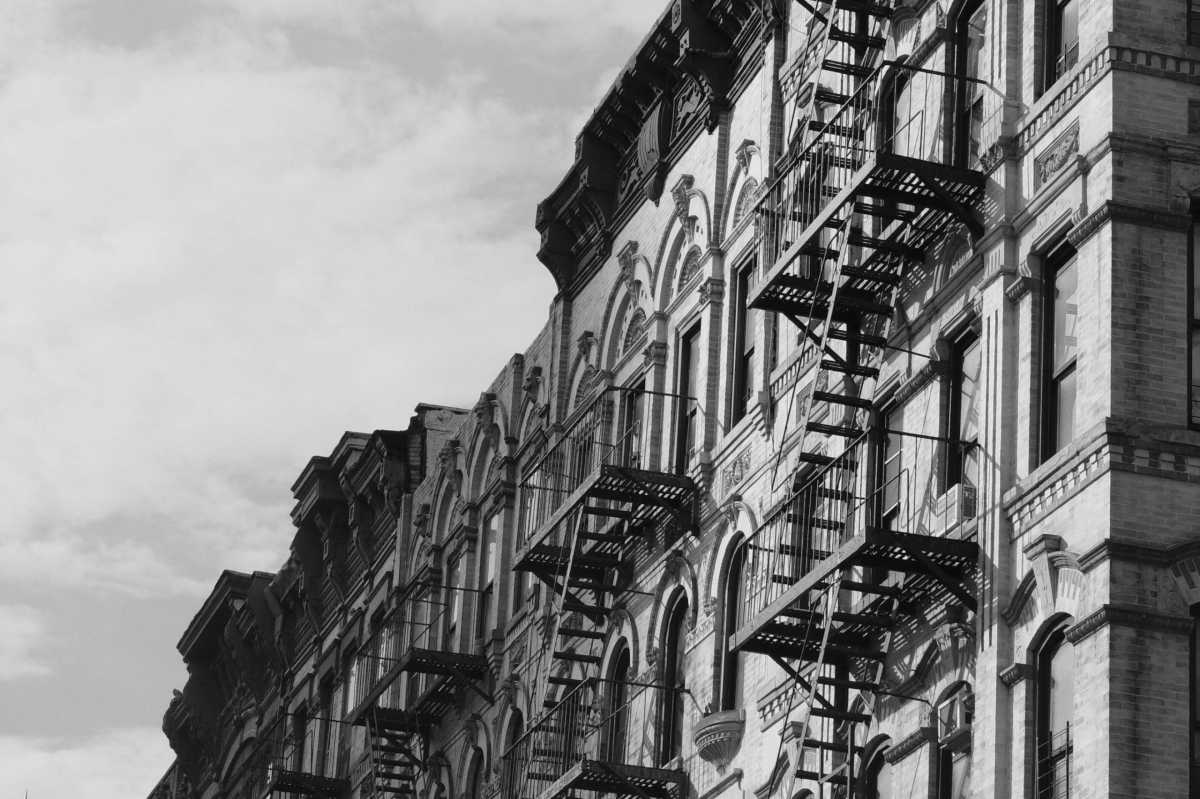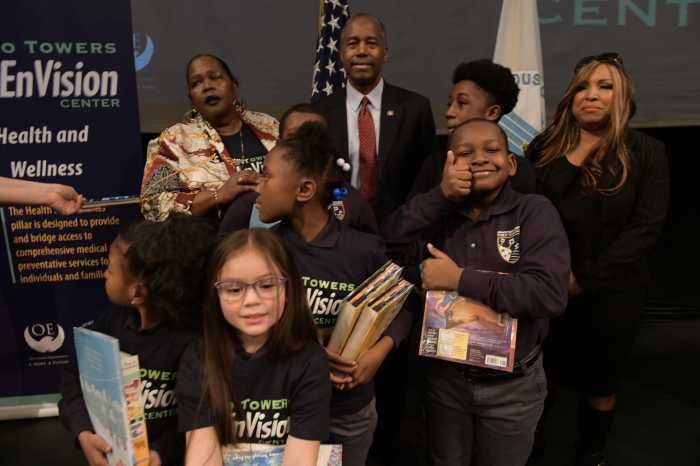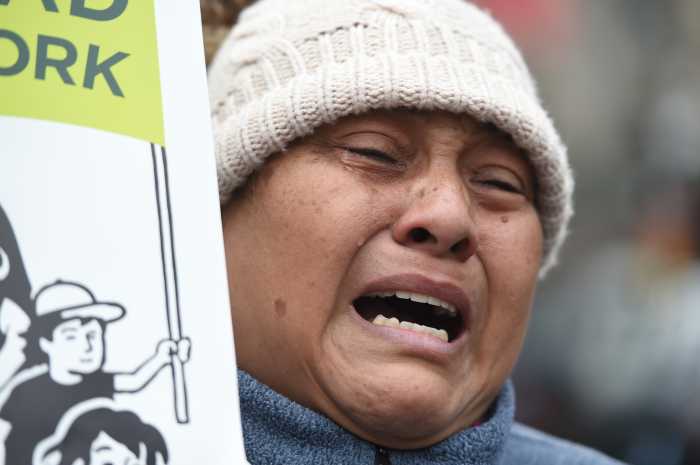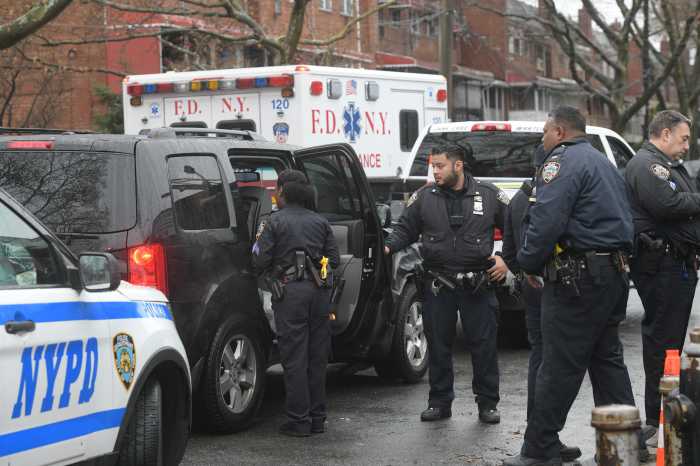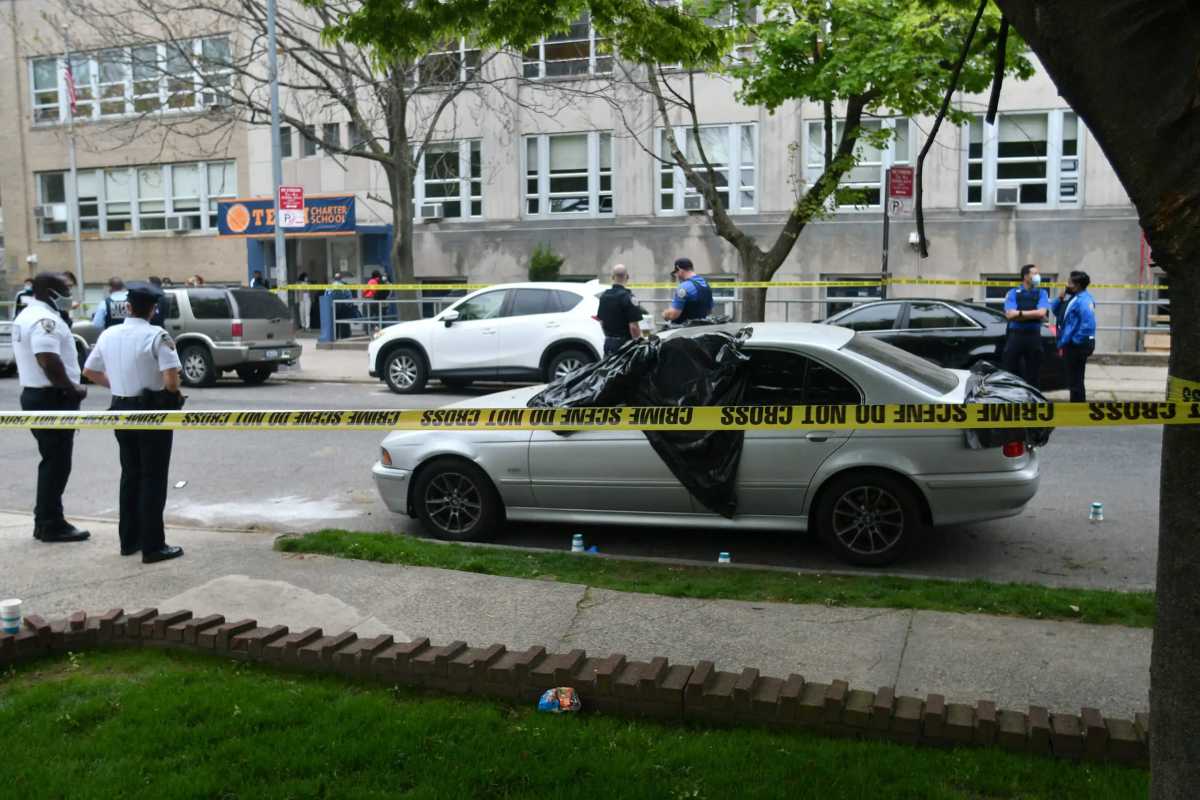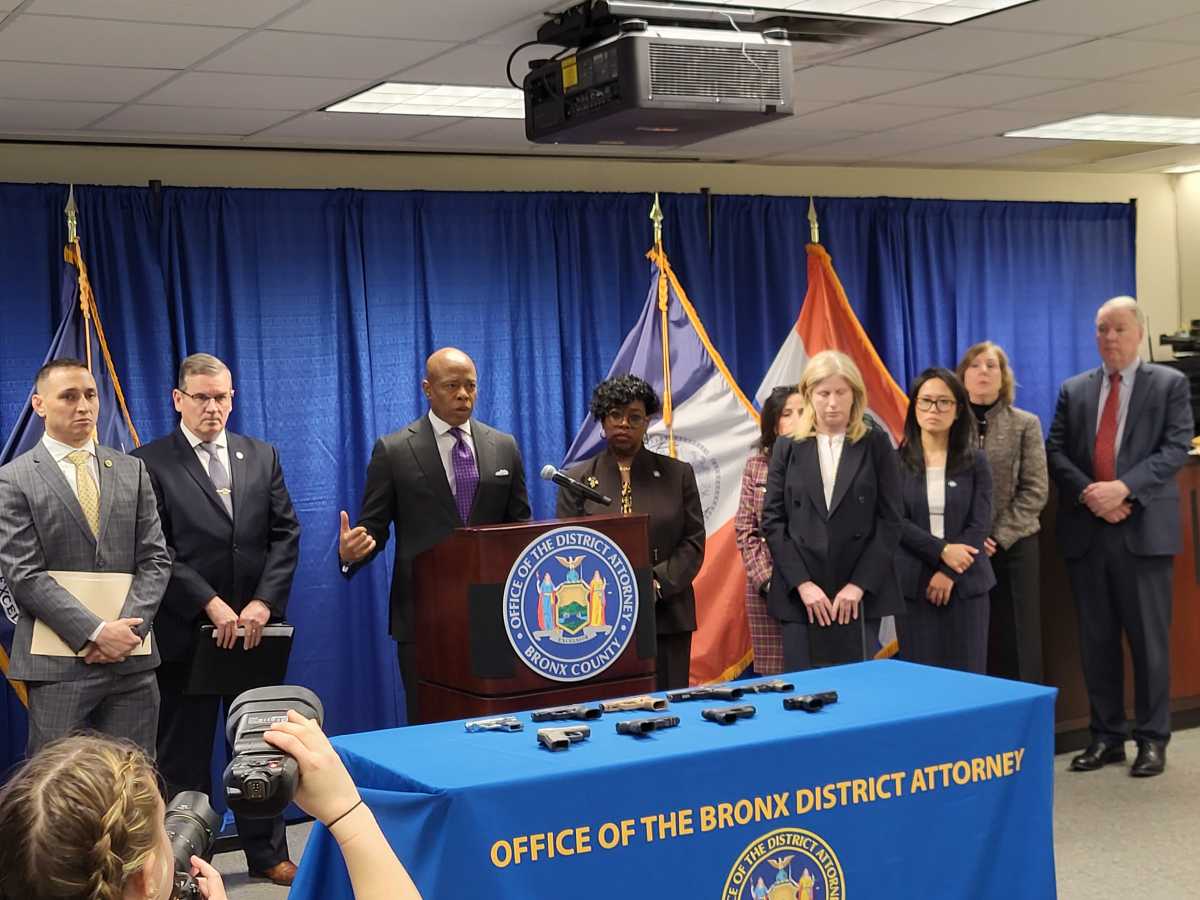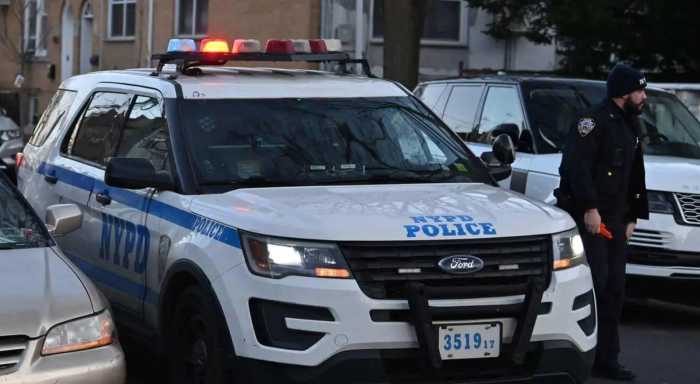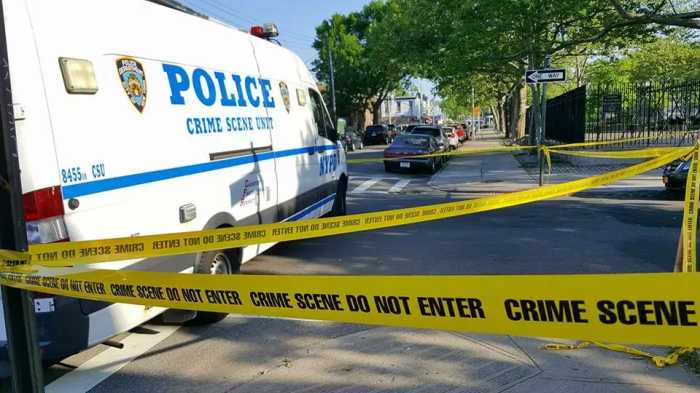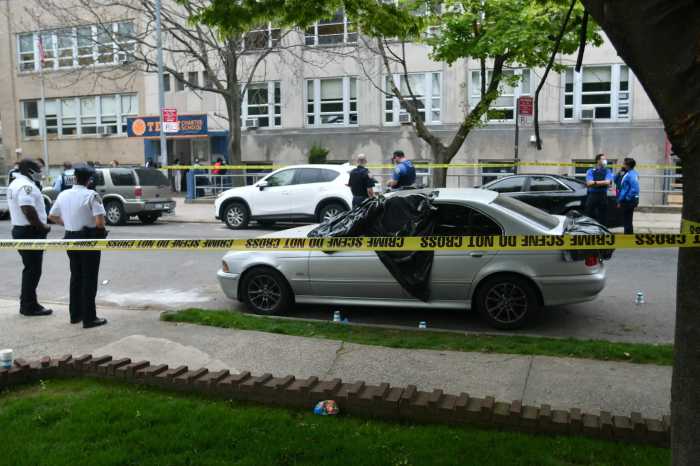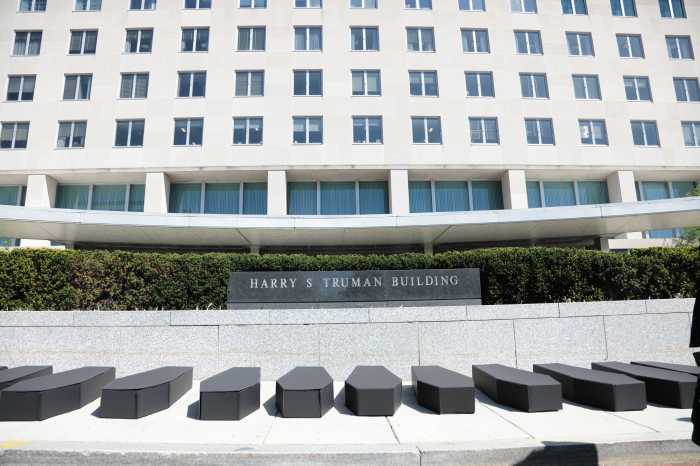With the Democratic mayoral primary still more than six months out – on June 22 – eight contenders spoke on Saturday about their approaches to managing the city that will hopefully be in the midst of a recovery from COVID-19 once Bill de Blasio leaves office at the end of 2021.
With Gotham Gazette Executive Editor Ben Max taking the lead on questions, Eric Adams, Shaun Donovan, Kathryn Garcia, Carlos Menchaca, Dianne Morales, Scott Stinger, Joycelyn Taylor and Maya Wiley pitched their plans for addressing housing issues whether it pertains to NYCHA or protecting tenants in private housing.
According to Stringer, the city comptroller, city funding is going to the wrong places and $40 million per year should be taken from the Battery Park City Authority over the next 10 years and put toward public housing.
But Stringer also suggested that NYCHA should go back to its roots: federal funding.
“If you think about just since 2001, the Democratic and Republican federal administration’s NYCHA has been on the back burner, left to die on the vine,” Stringer said. “So the first thing the next mayor has to do, it’s time to go to the federal government and say look we give you $22 billion more than we get back, and we need a real infrastructure bill and federal package to finally invest in NYCHA. If we don’t get it, we will then be forced into stopgap measures, while we watch NYCHA slowly sink.”
Wiley, former chair of the Civilian Complaint Review Board, said for private tenants facing homelessness, housing subsidies through the state need to be strengthened while providing New Yorkers with housing lawyers
“Let’s start with the fact that we have a homeless crisis that’s a historic one in size. And it’s because we need to understand it as an eviction crisis right?” Wiley said. “And so we have to do several different things when we think about private owners. One, we have to recognize that we must have find a way to ensure that the 400,000 New Yorkers that are currently facing eviction at the end of this year… [Have access to] legal rights Council, because we know that we actually saw for tenants who had lawyers, 84% were saved from eviction. So all of those tools matter, including the enforcement tools that city government should bring.”
Morales, former CEO of several social service non-profits, highlighted the vacant space currently available throughout the city in buildings that could be seized through existing laws and make it more profitable through tax incentives for landowners to rent units, rather than having buildings sit empty.
“I would move immediately to exercise eminent domain over the vacant spaces that exists across the city, including the repurposing of commercial spaces as I’ve already mentioned, I also think we need to think we need to look at repurposing, what are currently being set aside subsidies and tax breaks for developers and use that to house people. And finally, I would say that I think we need to look towards implementing the land value tax that I referenced earlier that dis-incentivizes land landowners from sitting on private and vacant land.”
Menchaca, a Brooklyn City Council member, went a different direction, arguing for reducing the number of vacant apartments in the city through a vacancy tax that can be facilitated through Democratic lawmakers in Albany who recently announced a supermajority in the senate.
“We need a vacancy tax. We need to be strong about that part of the excitement that I have right now is that we have a super majority in Albany, right now, with the State Senate, we got to work with him and all the progressives up there to make some changes. But the term that I want to bring out right now is municipal housing, the empty apartments,” Menchaca said.
According to Menchaca, the key to keeping housing affordable is to ensure that rezoning has to come to a halt and pursuing a universal basic income.
Adams, the current Brooklyn borough president, was another proponent of exploring the possibility of a universal basic income, but also using city resources to convert hotels into affordable housing.
“We made a big mistake when we cut the budget from the Advantage program, over $40 million came from the state, $40 million came from the city, $40 million came from the federal government. Once we cut that program homelessness spiked in one year, we need to reinstitute that type of program where we say to families, instead of having you lose your homes and go into a shelter, let’s keeps you inside your homes,” Adams said. “I think that we need to give people over this very difficult time, particularly low income New Yorkers. I would look at the retrofitting of hotels and [single-room occupancy housing], right away.”
Donovan, former Housing and Urban Development secretary and an attorney who has been defending the homeless residents of the Lucerne Hotel, said a targeted approach to ensuring people exiting the justice system and mental health facilities have housing is key.
“I’ve spent 30 years working on this challenge of homelessness and know that homelessness is a solvable challenge. We know how to house anyone, we now have to house. everyone” Donovan said. “The problem is we have a mayor, who has a shelter first strategy, who thinks we can solve homelessness with homeless programs. Instead, what we need is permanent supportive housing that brings the services we need, and we need to make sure that every time somebody leaves Rikers, every time someone leaves the mental health wing of a public hospital, the city has a plan to get them the housing and the resources that they need.”
Taylor, who grew up in NYCHA housing herself, was the one of the few to talk about more than the rental market, advocating for improving programs through Housing Preservation and Development that make tenants into homeowners.
“Listen, I wouldn’t own a home today were it not for HPD’s homeownership program. So we have to start being more proactive about creating opportunities and ownership for people, because that’s how people build stability, wealth and legacy. And I think, on the reactive side, one of the things that we should look at is creating your vacancy tax, so that people don’t hold on to apartments, waiting for the opportunity to charge more. Everything doesn’t have to be about profit and you should be have some level of decency and want to make sure that people have housing need.”
Garcia, the city’s former sanitation commissioner, said ultimately the issue with evictions is going to stem from the number of landlords facing foreclosure and private sector resources need to be levies following the COVID-19.
“As the city moves forward from this, there are struggles for landlords there are struggles for tenants. We know that repairs are not happening. We know that there could be foreclosures coming up. This is an opportunity though for the city to do two things. One is to really bring together the private sector, and help them work with their bankers to make sure that those units are not foreclosed upon,” Garcia said. “We need to be able to begin to create funding streams that support them. And I think using the private sector to come in and help support that is critical, because the city honestly will not have large amounts of money going into 2021.”
This forum was hosted by West Side Tenants’ Conference, an organization works to alleviate housing issues in the city.



